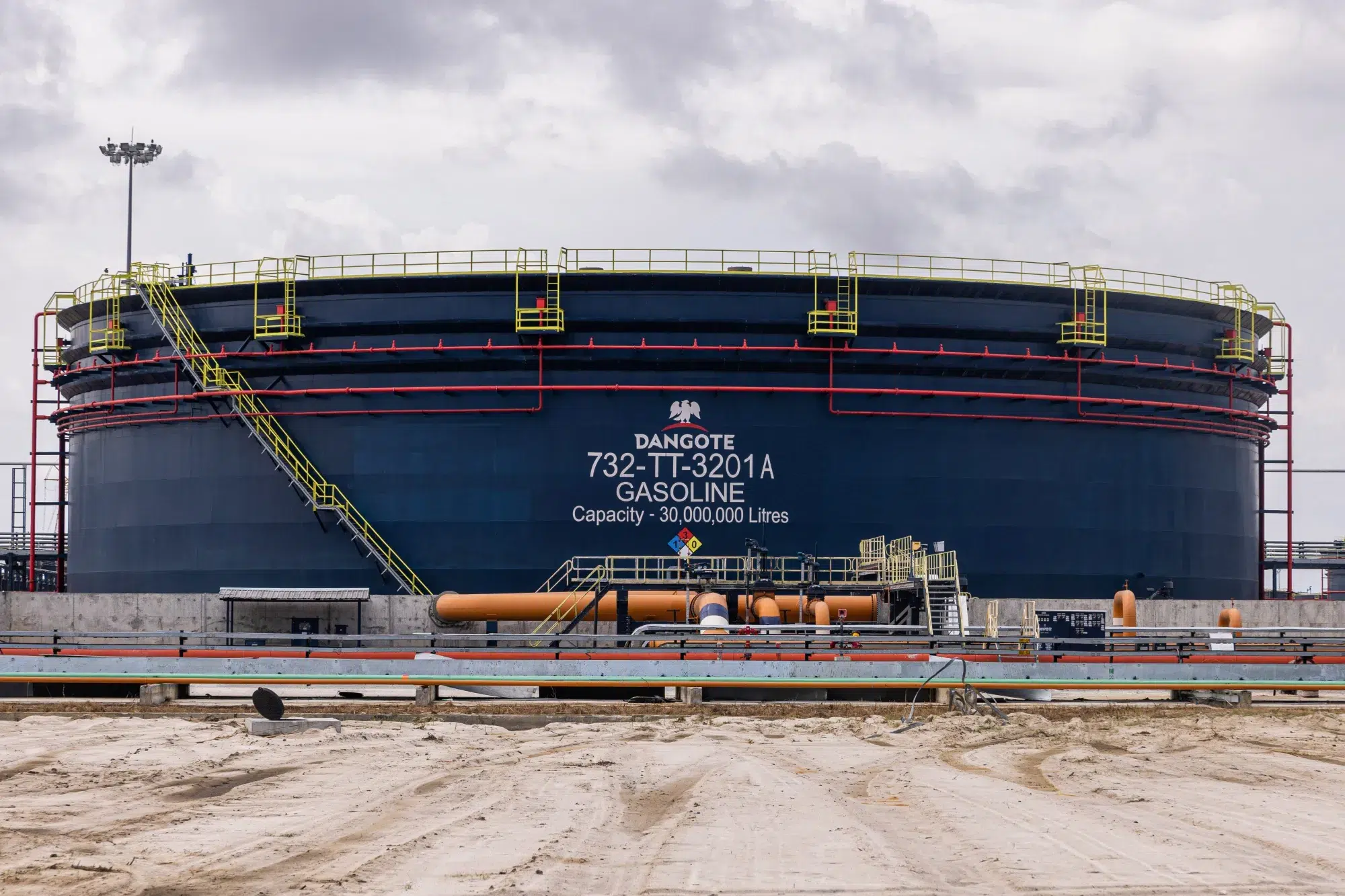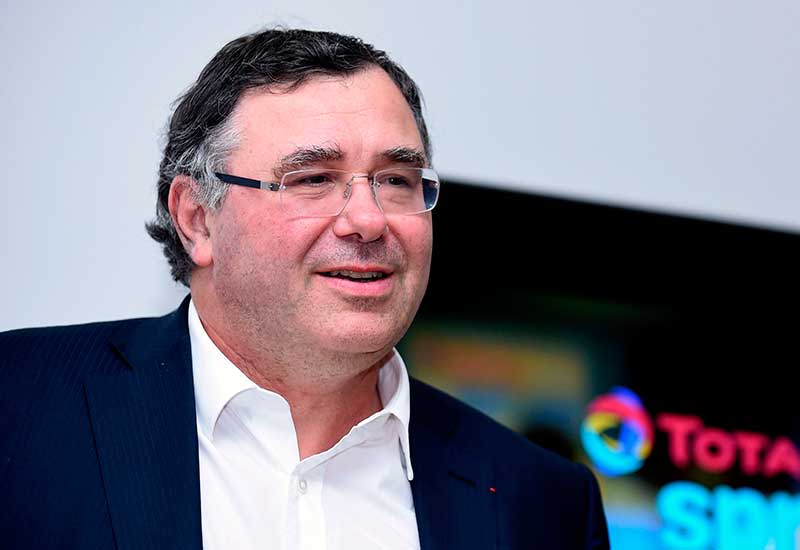British energy major, Shell PLC, has sold part of its majority stake in Egypt’s North Cleopatra exploration block to QatarEnergy, marking another strategic expansion by the Gulf state oil company in the Mediterranean.
The move strengthens QatarEnergy’s growing presence in Egypt’s offshore exploration activities, where it has steadily built partnerships with global operators, including Chevron and ExxonMobil.
This was disclosed in a statement by QatarEnergy on Sunday.
The agreement allows the state owned company to acquire a 27% interest in the North Cleopatra block, while Shell retains a 36% operating stake.
Chevron Corporation holds another 27%, and Egypt’s state owned Tharwa Petroleum Company maintains a 10% share.
Expansion in Mediterranean
The North Cleopatra block covers 3,400 square kilometres within Egypt’s side of the Mediterranean Sea, in waters reaching depths of up to 2,600 metres.
QatarEnergy explained on its website that the area lies in the Herodotus Basin, an emerging frontier believed to hold significant hydrocarbon potential.
The block is adjacent to the North El Dabaa area, where QatarEnergy already owns a 23% interest.
QatarEnergy President and Chief Executive, Saad Sherida Al Kaabi, who also serves as Qatar’s Energy Minister, said the company looked forward to collaborating with its partners to advance exploration efforts in Egypt’s offshore basins.
“We look forward to working together and delivering our exploration objectives,” Al Kaabi said.
He added that the company’s continued investments in Egypt reflect its confidence in the country’s resource potential and regulatory environment.
The company said the partnership aligns with its strategy to diversify and strengthen its upstream portfolio through global joint ventures with established industry leaders.
Growing partnerships in Egypt’s upstream
The acquisition builds on a series of deals QatarEnergy concluded in Egypt’s oil and gas sector in recent years. In November 2024, the company acquired a 23% stake in the nearby North El Dabaa block from United States energy major Chevron.
The site lies about 10 kilometres offshore, with water depths ranging from 100 to 3,000 metres.
Australia’s Woodside Energy Group Limited owns 27% of that block, while Tharwa Petroleum holds the remaining 10%. At the time of that transaction, Al Kaabi expressed optimism about the drilling of the first exploration well and the potential of Egypt’s deep water zones.
Beyond this, QatarEnergy has signed several other exploration and production agreements in the country.
In May 2024, the company announced plans to acquire a 40% interest each in the Cairo and Masry offshore blocks from ExxonMobil.
Those areas cover roughly 11,400 square kilometres with water depths between 2,000 and 3,000 metres.
Earlier in 2022, QatarEnergy also partnered with ExxonMobil to purchase a 40% share in the North Marakia exploration block. In addition, the company entered joint ventures with Shell to acquire 17% stakes in Blocks 3 and 4 on Egypt’s Red Sea coast.
In 2023, Egypt awarded a consortium including QatarEnergy, Italian company Eni, and British energy firm BP exploration rights for the East Port Said block, known as EGY-MED-E8.
QatarEnergy and BP each hold 33%, while Eni operates the block with a 34% stake. The award further reflects QatarEnergy’s commitment to deepening energy cooperation with Egypt and global partners.
Al Kaabi noted that QatarEnergy’s activities in Egypt form part of a broader push to develop energy assets across North Africa and the Mediterranean.
“We look forward to the drilling of the first exploration well on this block and to a successful and promising outcome,” he stated.
The Egyptian government has been expanding collaboration with international companies to boost offshore gas exploration and sustain production.
Egypt aims to position itself as a regional energy hub, leveraging its liquefied natural gas infrastructure and strategic location connecting Africa, Europe, and the Middle East.









